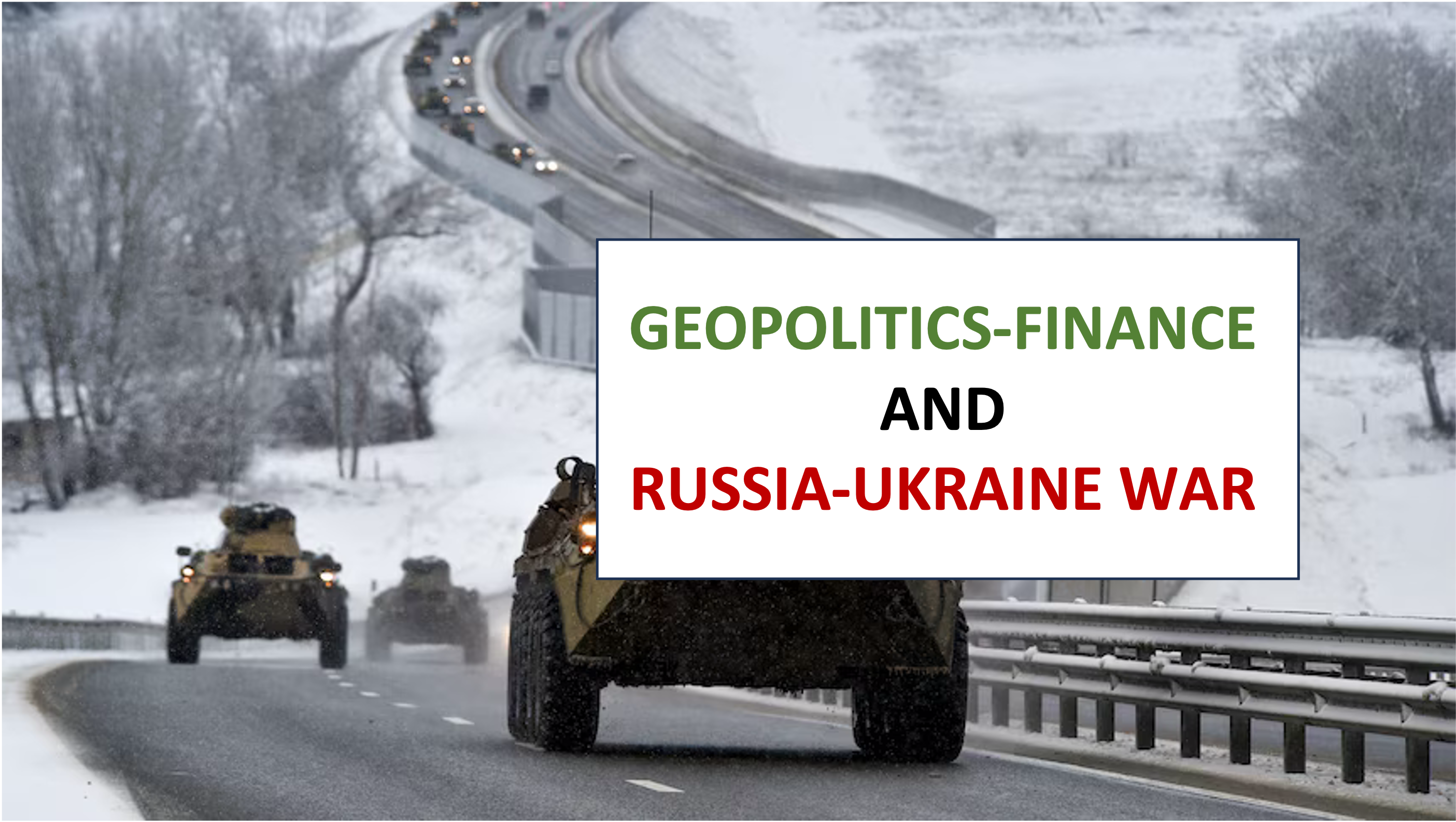

Geopolitics on Finance: Impact of Russia-Ukraine war on Financial Markets
With the world still recovering from the COVID-19 pandemic, Russia took the world by surprise as it invaded its little brother, Ukraine. Russia and Ukraine have had a detailed history throughout and after the era of the Soviet Union, with Russia even invading Crimea, Ukraine’s southeast peninsula, in 2014. The consequences of Russia’s actions were felt worldwide, especially financially. In this founder’s thought, we will explore the impact of the geopolitical conflict between Russia and Ukraine on financial markets.
Immediate Market Reactions
Immediately after the invasion announcement, stock exchanges experienced volatility and uncertainty, similar to the sentiments of the investors, who were uncertain of the future. Overall, the markets experienced an adverse reaction as many anticipated routine war impacts to occur again as news broke out of the conflict overseas. Another immediate reaction was the soaring of commodity prices as many were able to quickly anticipate issues related to oil supply as Russia, the world’s second-largest oil exporter, would likely be sanctioned, as is usually the case for the aggressors. Finally, with many predicted political and economic instability around the corner, currencies fluctuated as the Russian ruble and Ukrainian Hryvnia fell with predicted instability, and the US Dollar and Swiss francs rose as investors sought a stable currency.
Long-term Consequences
Although the world experienced panic immediately following the invasion, most of it subsided; however, Ukraine and Russia continued to suffer as they were engaged in conflict. Furthermore, Russia experienced severe financial difficulty as it received economic sanctions from Western powers. These sanctions have cast out Russia from the majority of global trade. Thus, many countries that previously relied on Russia, such as European nations, for energy were forced to explore alternative suppliers, such as nations in the Middle East. Finally, the global supply chain experienced disruptions as Russia is one of the largest exporters of metals. Furthermore, the supply chain disruptions paired with energy shortages led to inflationary pressures worldwide as the supply of these materials decreased.
Investment Strategies and Opportunities
With new economic movements resulting from the geopolitical climate, investors shift their portfolios directly, with many investors looking at sectors that are likely to benefit from the latest climate, such as energy, defense, and commodities. Furthermore, many investors have become much more weary of international investment as those who invested in Russia could not liquidate their assets, resulting in losses. Finally, investors started to shift towards investments that have the potential to positively impact society and the environment, looking at ESG scores. For example, with the shortages that resulted from attacks on the Nord Stream pipeline, there was a shift toward investing in renewable energy sources that could serve as an alternative to natural gas.